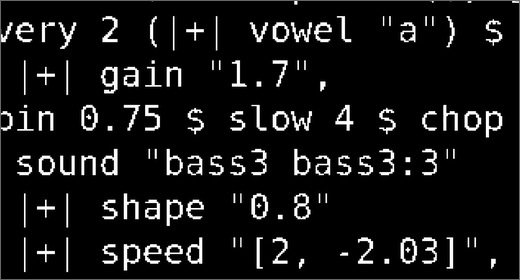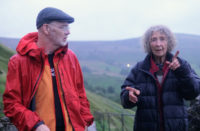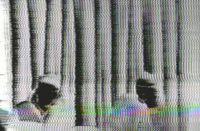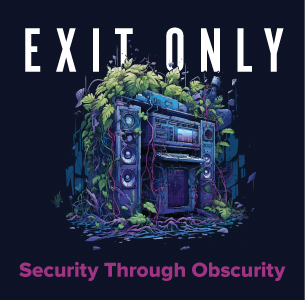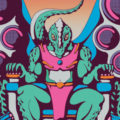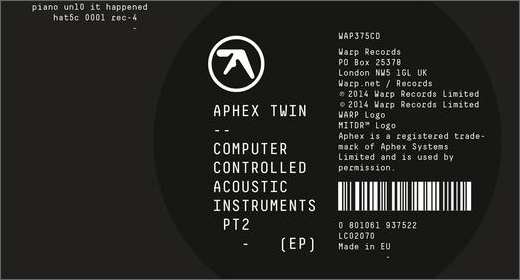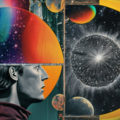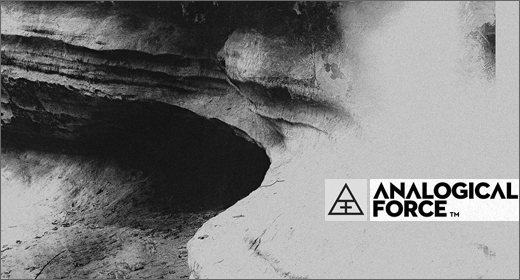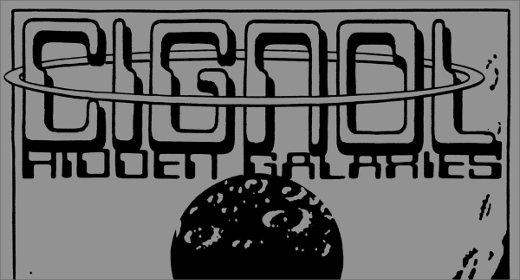I’m not really a computer nut. Yeah, I know we all use ’em all the time but I’ve never really been into coding and stuff. I never really got past BASIC, or past the first few hours with it. Yet, I must admit, I always liked the egalitarian nature that a lot of coding has. The sharing of ideas and software. The freedom to build and construct in a new language, one that would communicate something new. Computer Club have captured some of that vibrancy, some of that desire to distribute and that keenness to create. Who says you need to buy vintage analog equipment for exorbitant prices? Some labels of Sheffield say otherwise, and the results are plain to enjoy.
There are some peculiarities when it comes to electronics. Well, there’s more than a few but there ya go. For years there was the steady progression into complexity. From the early drum machine infused disco edits of Frank Knuckles and Ron Hardy to the all out glitched-up introspection of the late 2000s. But rather than continuing down this dizzying digital trail there was a reversal. Many went to basics. House. Techno. Electro Acid. Synth. True the club and its 4/4 rules had something to do with this return to roots but there were other factors.
The rise of the powerful PC allowed anyone to take up machine music. There was a deluge of crunched drums and Autechresque replication. There never was a disco sucks equivalent for electronica, but it was sadly sidelined as the years passed. Rather than liberating machine musicians it seemed that the computer was curtailing would-be artist. Nearly everyone employs Windows or Apple in electric sound making of course, but that move into microchip melodies passed. I always thought this relegation of coded composers was a real pity, and it seems Central Processing Unit felt the same.
Computer Club’s revival of IDM, or whatever you want to call it, started with Poborsk. Computer Love, A 7” and digital album were released to inaugurate the label. Slow and mindful at times, bruised and broken at others, these first steps outlined what CPU’s new sublabel was setting out to do. Echoing bleeps hovering before scurrying back from whence they came. Beats bullied and cowed into submission. However, the latest offering is perhaps even more emblematic of spirit of the silicon age.
Yaxu, Alex McLean, doesn’t just use programs to make his sound, he writes his own programs. The first result, Peak Cut, has been set to memory stick. The style, dubbed algorave, is a mix between breakbeat IDM and playful plink. The entirety was constructed using McLean’s Tidal software. McLean sounds like a bit of a programming fiend. During live shows the raw code he knocks out is displayed to give visual insight into what is happening behind the laptop lid. Now I’d be the first to raise a cynical eyebrow if this idea didn’t work, if this were little more than a gimmick. But, the music speaks for itself. I can feel the other eyebrow twitch. USB Stick?! But in the spirit that this LP has it is arguably the most universal physical format today. Charming sounds, sometimes chaotic, pour forth. Absorbing and complex this is a style that involves the listener in more ways than one. The release offers you the chance to try your hand at sonic sculpting with Tidal, the software being part of the release. As the price of vintage equipment soars over on eBay this is the other side of the synthesizer. Open source and available, an emancipation of electronic experimentation. Before my rhetoric gets a little too early 20th century I better get back to the album. Percussion rains down, clambering atop one another as keys stagger through a sonic storm in tracks like “Animals.” At points the fuzz, fizz and flicking can become frustrating, but that soon passes. Peak Cut needs a number of listens and is at times, well, puzzling. But pretension is not part of the formula, instead this is picking up where a certain past left off.
I’m not really a computer nut. Yeah, I know we all use em all the time but I’ve never really been into coding and stuff. I never really got past BASIC, or past the first few hours with it. Yet, I must admit, I always liked the egalitarian nature that a lot of coding has. The sharing of ideas and software. The freedom to build and construct in a new language, one that would communicate something new. Computer Club have captured some of that vibrancy, some of that desire to distribute and that keenness to create. Who says you need to buy vintage analog equipment for exorbitant prices? Some labels of Sheffield say otherwise, and the results are plain to enjoy.






